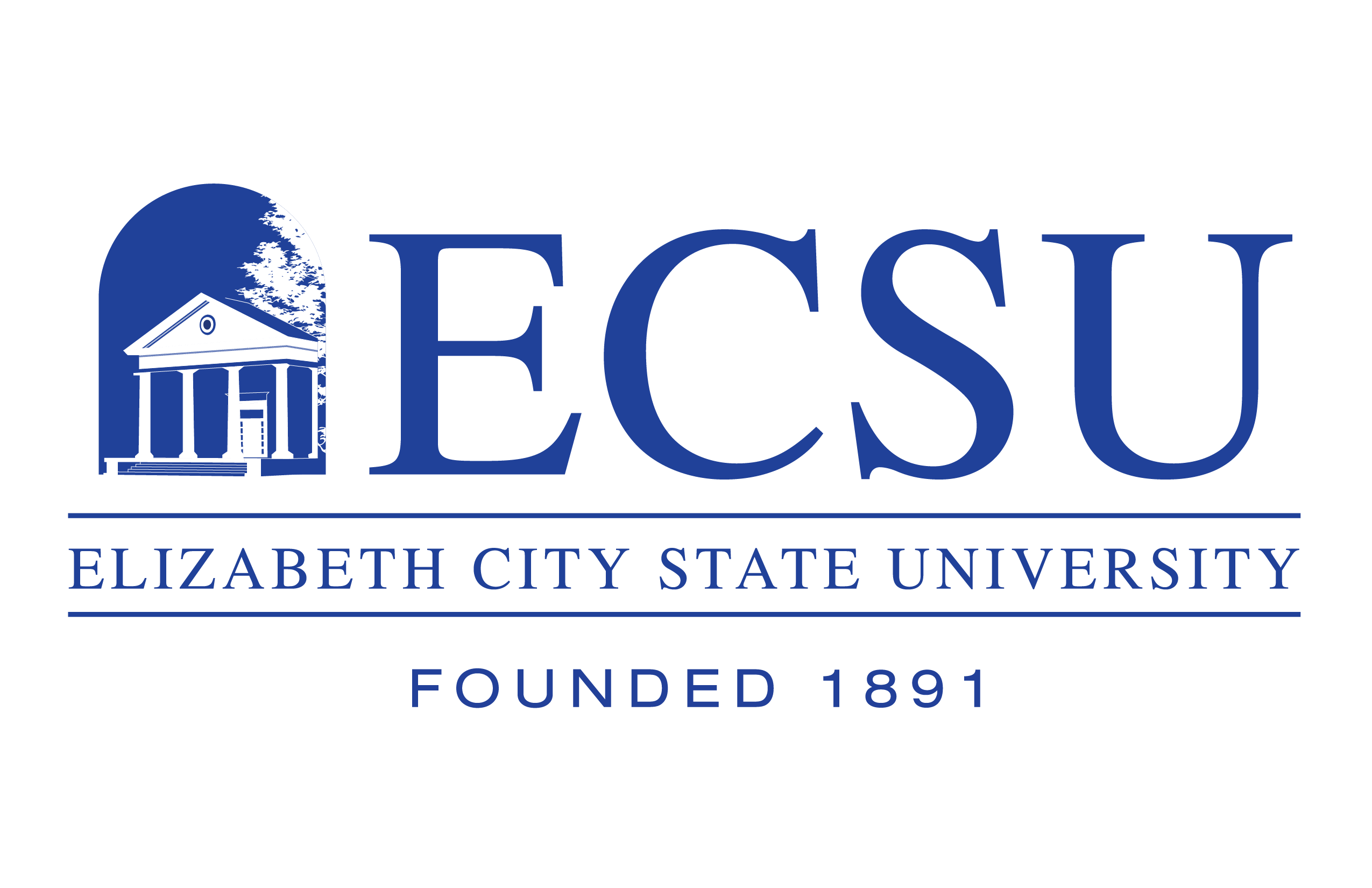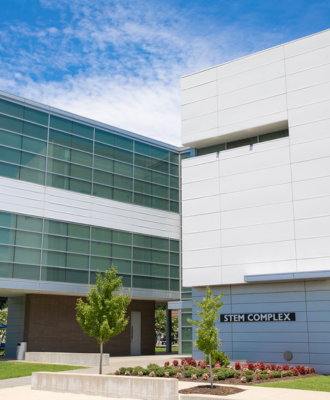Elizabeth City, N.C. — Elizabeth City State University (ECSU) professors are putting artificial intelligence (AI) to work where it matters—on the front lines of health disparities. A research team led by Kuldeep Rawat—principal investigator, Thorpe Endowed Professor and dean of the School of Science, Aviation, Health and Technology; and Hirendranath Banerjee—co-principal investigator and professor of biology, will use artificial intelligence, machine learning, and a $250,000 grant from the National Institutes of Health (NIH) through Vanderbilt University to use advanced AI and machine learning (ML) technologies to analyze genomics and transcriptomic data specific to prostate cancer patients.
Funded under the AIM-AHEAD artificial intelligence/machine learning in Biomedical Research and Clinical Practice that Embodies Ethics and Equity (ABD-EE) program, the goal is to develop more eZective diagnostic and prognostic biomarkers that can lead to earlier detection and personalized treatment plans—while also addressing longstanding health care disparities.
“This is a transformative step in applying emerging technologies to a real-world challenge— one that disproportionately aZects African American men,” said Rawat. “The project will build biomedical research capacity at ECSU and aZord our post-doctoral researchers, graduate and undergraduate students to gain skills in developing machine learning-based solutions to the real-world health challenges”
In addition to harnessing the power of AI, the project embraces the framework laid out by AIM-AHEAD—a national initiative promoting research into developing responsible datadriven solutions.
The study is a part of ECSU’s growing research portfolio in biomedical innovation and data science. By the end of the project period, the research team hopes to oZer new tools that make prostate cancer diagnosis more precise and ultimately deliver hope to communities that mainstream medical advancements have long overlooked.
The work is more than research. With data as the driver, this project gives every patient a fair shot at life-saving care. ECSU is using science and technology to bring hope closer. For more information about this research and other grants and sub-awards, visit www.ecsu.edu.

